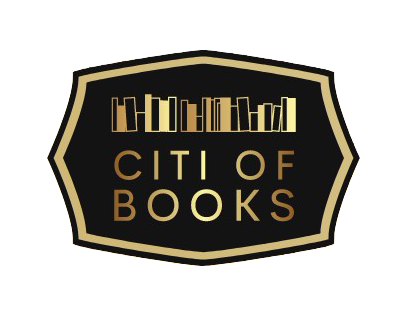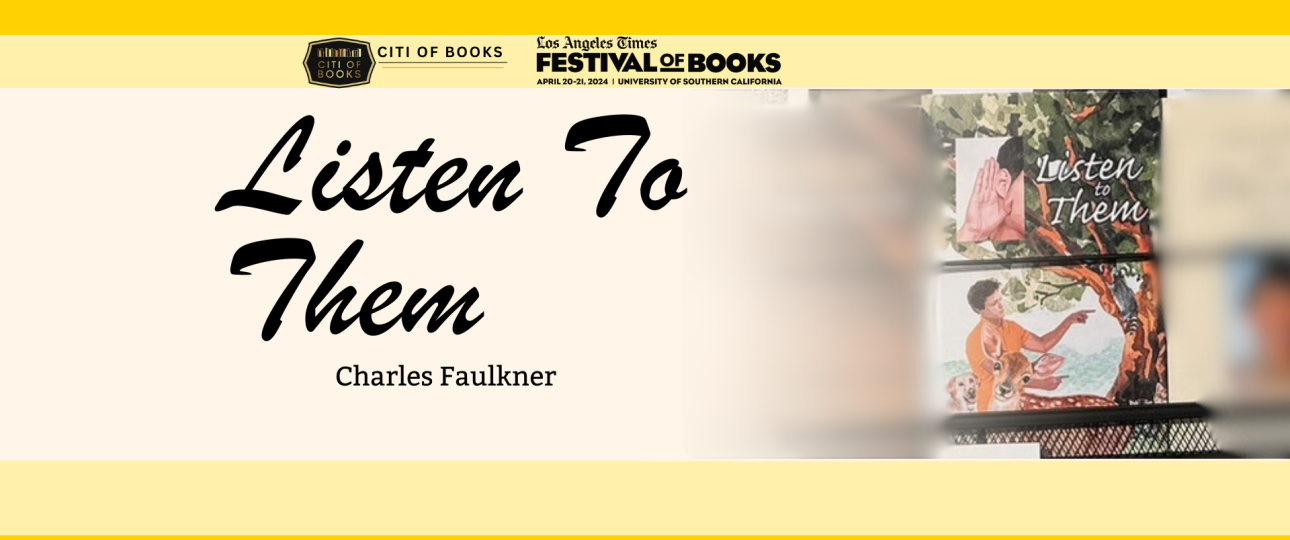
Every year, the Los Angeles Times Festival of Books becomes livelier and brighter due to the growing number of attendees. From book lovers, casual readers, and literary collectors to authors and publishers, people gathered to celebrate literacy.
The largest book festival in the US opened its doors last April for a glamorous two-day weekend celebration with the bookworms. Held at the University of Southern California, many book enthusiasts, book lovers, and book collectors, as well as writers, established authors, and many more, attended the free event.
A lot of bookfair-goers went by the Citi of Books booth to check for their next read and potential favorite book. One of the books that were chosen is “Listen To Them” by Charles Faulkner. It was displayed on April 20th and 21st at the Los Angeles Times Festival of Books at the University of Southern California.
Charles Faulkner’s journey began with the nurturing influence of his mother, whose initial spark of encouragement ignited a lifelong passion for reading. From the enchantment of fairy tales and nursery rhymes in his youth to the devouring of comic books as he grew older, Faulkner’s thirst for literature only intensified. Alongside this literary odyssey, his mother, a pianist, introduced him to the world of music, a gift he embraced eagerly. This fusion of influences eventually culminated in his creative endeavors, including composing various pieces ranging from classical to jazz and even crafting a musical drama titled “The Tightrope.” Though he penned the story and dialogue himself, Faulkner incorporated existing musical compositions to complement his narrative, weaving a rich tapestry of artistic expression.
“Listen To Them” expresses a deep fondness for animals and a concern for their well-being in the face of human progress. They highlight a recent instance where vacated human spaces were reclaimed by animals, underscoring the impact of human activity. While acknowledging the necessity of progress, the author argues that focusing on the future can lead to the neglect of present relationships, including those with animals. They propose strengthening these bonds, whether with pets or encountered animals, by acknowledging the animal’s perspective. The value of such relationships, the author suggests, should transcend fleeting encounters and persist even beyond death. This work serves as a call to action for fostering deeper connections with animals.
Like what you just read?

